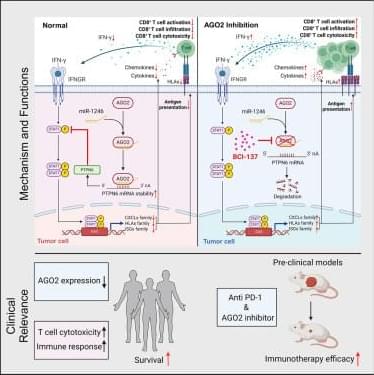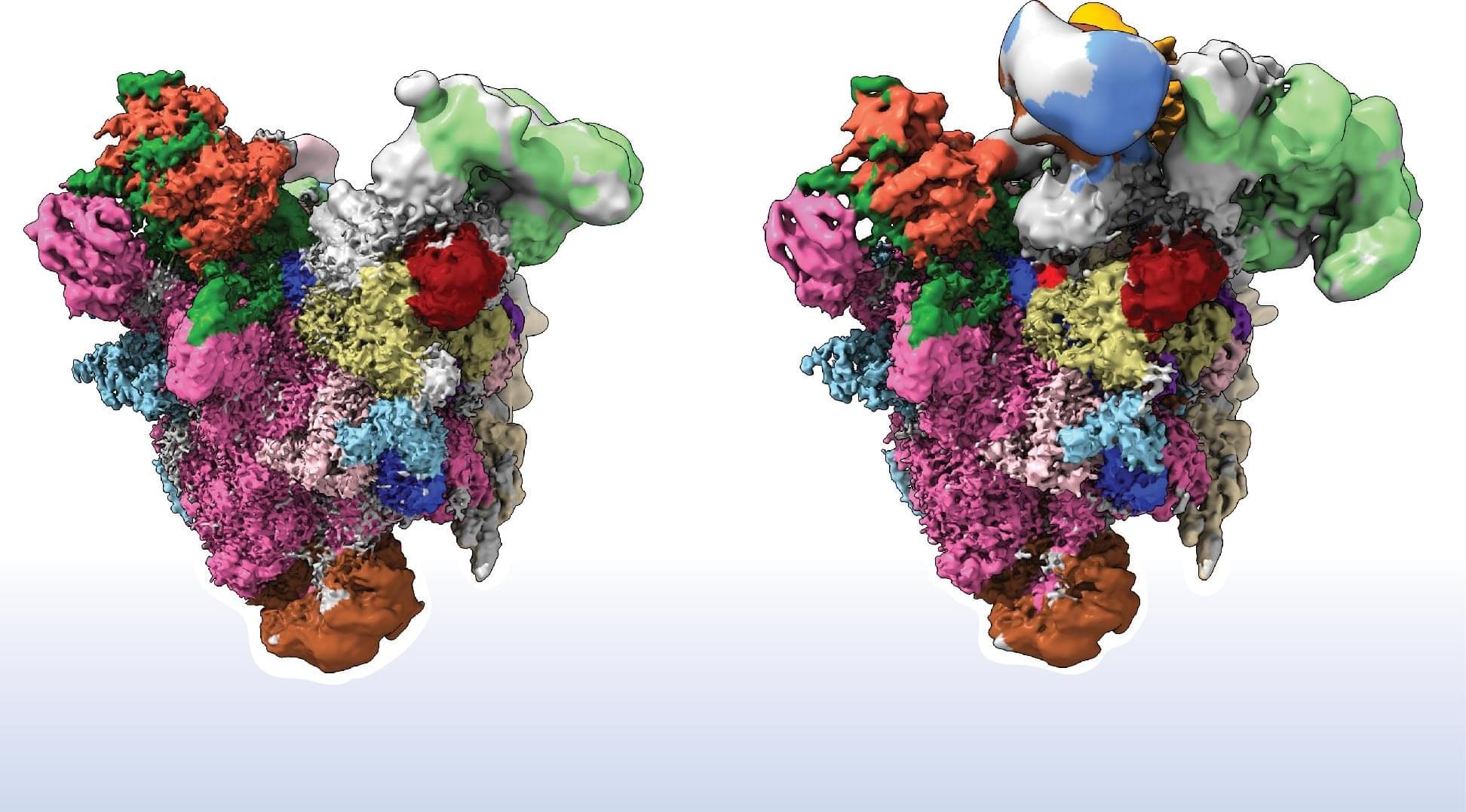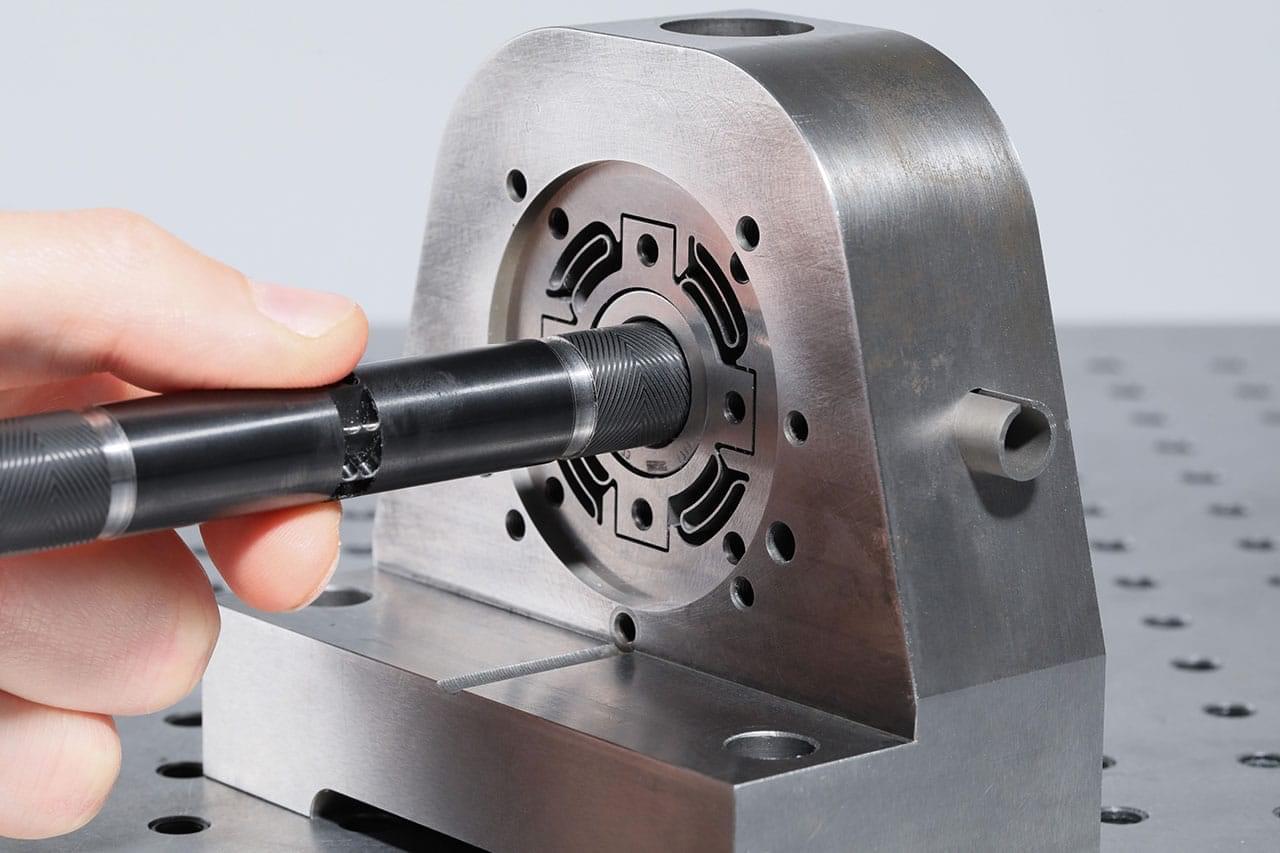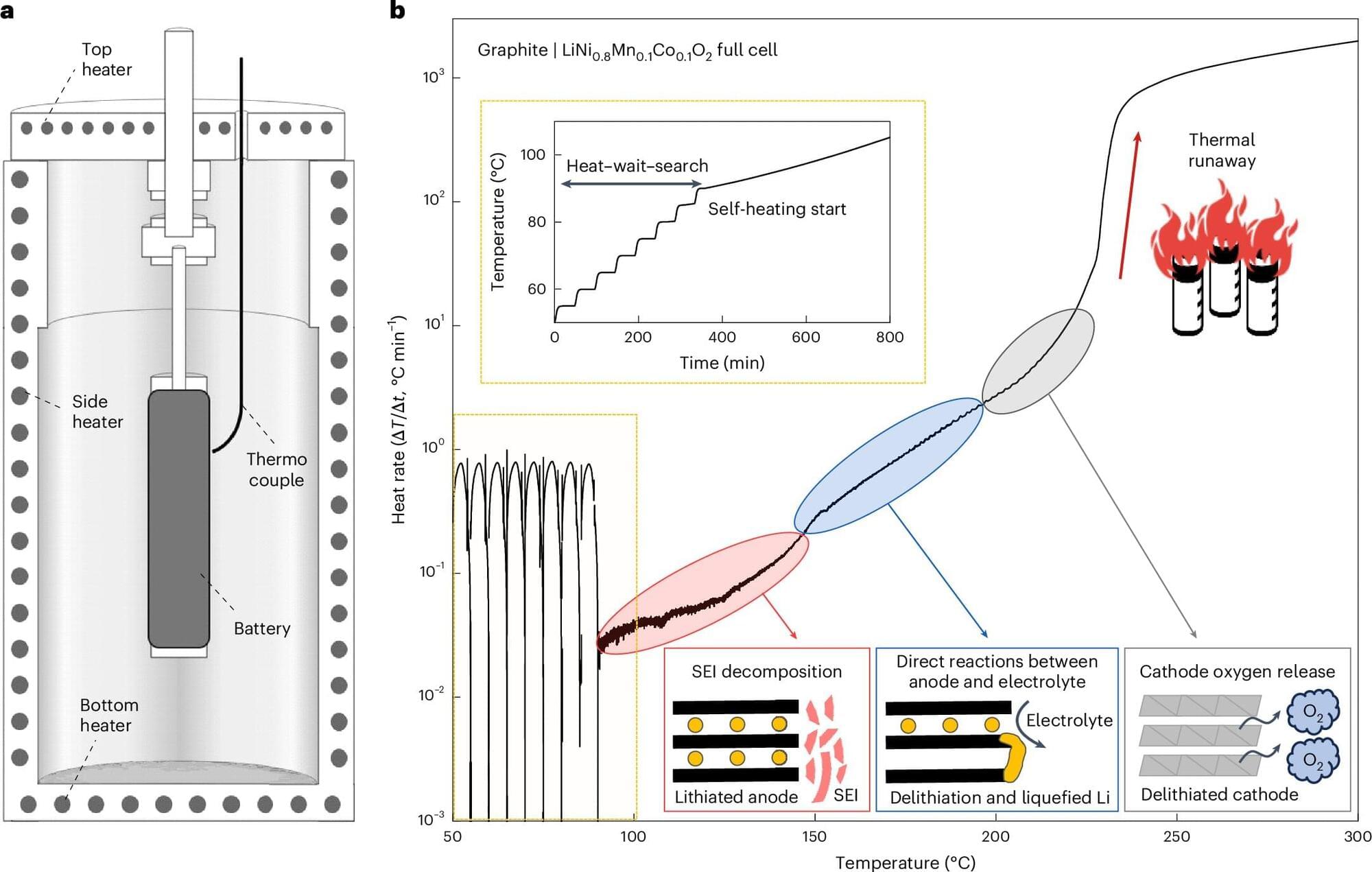Noticing somebody fidgeting can be distracting. Vexing. Even excruciating. But why?
According to research, the stressful sensations caused by seeing others fidget are an incredibly common psychological phenomenon, affecting as many as one in three people.
Called misokinesia – meaning ‘hatred of movements’ – this strange phenomenon had been little studied by scientists until recent years, but was noted in the context of a related condition, misophonia: a disorder where people become irritated upon hearing certain repetitious sounds.









